In recent years, the demand for organic fertilizers has surged as farmers and agricultural industries seek environmentally friendly and sustainable alternatives to chemical fertilizers. One of the most innovative solutions in organic fertilizer production is the Straw Organic Fertilizer Production Line, which utilizes agricultural by-products like straw to create high-quality organic fertilizers. This process not only provides a sustainable method for recycling waste but also supports sustainable farming practices and enhances soil health.
What is the Straw Organic Fertilizer Production Line?

The Straw Organic Fertilizer Production Line is a comprehensive system designed to transform agricultural waste, particularly straw, into valuable organic fertilizer. This line processes various types of straw, such as wheat straw, rice straw, and corn straw, into organic fertilizer that is rich in nutrients, organic matter, and beneficial microorganisms. The process is environmentally friendly and cost-effective, addressing the challenge of agricultural waste management while enhancing soil fertility.
This production line typically consists of several key machines, including shredders, composting equipment, mixers, granulators, and dryers, all of which work together to process the raw material and produce a high-quality organic fertilizer.
Key Features of the Straw Organic Fertilizer Production Line
a. Efficient Waste Utilization
One of the standout features of the Straw Organic Fertilizer Production Line is its ability to efficiently utilize agricultural waste. Straw, a by-product of crop harvesting, often ends up as waste or is burned, causing air pollution. The production line eliminates this problem by turning straw into valuable organic fertilizer, reducing environmental impact while recycling the waste.
b. Organic Matter Enrichment
The fertilizer produced through this process is rich in organic matter, which is essential for improving soil structure, water retention, and microbial activity. Unlike chemical fertilizers that may degrade soil over time, organic fertilizers enhance long-term soil health, promoting sustainable agricultural practices.
c. Nutrient-Rich Fertilizer
The final product of the Straw Organic Fertilizer Production Line is rich in essential nutrients, including nitrogen, phosphorus, potassium, and trace minerals. These nutrients are crucial for promoting healthy crop growth, improving yields, and ensuring strong root development.
d. Eco-Friendly and Sustainable
By utilizing agricultural waste as raw material, this production line supports eco-friendly farming practices. It helps reduce greenhouse gas emissions by preventing straw burning and provides a sustainable source of organic fertilizer that can be used in various types of farming, including crop, horticulture, and greenhouse production.
The Production Process of Straw Organic Fertilizer

The Straw Organic Fertilizer Production Line is a multi-step process that involves several stages, each critical to ensuring the final product meets the desired quality. Here is an overview of the process:
a. Raw Material Preparation
The first step in the process is preparing the straw for composting. This involves shredding or cutting the straw into smaller pieces to facilitate the fermentation process. The raw straw must be properly chopped to ensure uniformity and efficient decomposition.
b. Composting
After the raw material is prepared, it is mixed with other organic materials like manure, agricultural residues, or green waste. The composting process involves the aerobic fermentation of organic matter, which breaks down the straw and other ingredients into humus. Composting typically takes several weeks and requires constant monitoring of moisture, temperature, and oxygen levels.
c. Fermentation
During fermentation, beneficial microorganisms, such as bacteria and fungi, break down the straw into simpler compounds. The fermentation process increases the nutrient content of the fertilizer and eliminates any pathogens or weed seeds that might be present in the raw straw.
d. Mixing and Homogenizing
After fermentation, the composted material is mixed with other nutrient-rich organic materials to create a balanced fertilizer. The mixture is homogenized to ensure even distribution of nutrients, which is critical for the final product’s performance when applied to crops.
e. Granulation
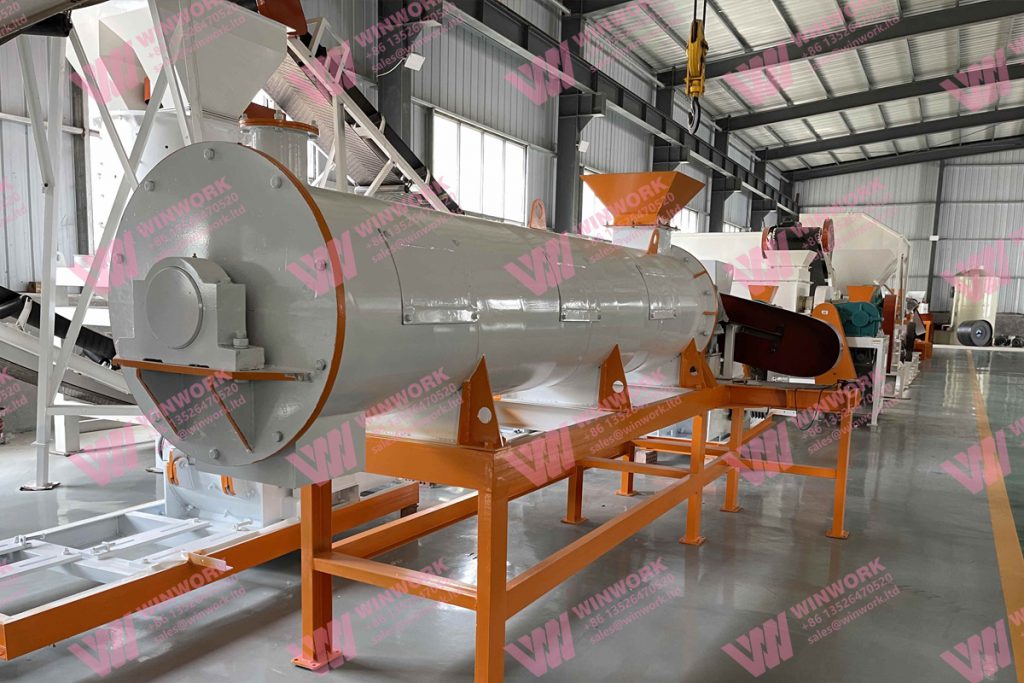
Once the material is well-mixed and ready, it is fed into a granulator machine. This machine shapes the mixture into uniform granules, making the fertilizer easier to handle, store, and apply. Granulation also improves the release rate of nutrients, ensuring a steady supply for plants over time.
f. Drying and Cooling
The granules are then dried to remove excess moisture, ensuring that the fertilizer remains stable during storage and transportation. After drying, the granules are cooled to prevent clumping and to ensure easy handling.
g. Sieving and Packaging
Finally, the granules are screened to remove any dust or particles that are too small. The finished product is then packaged into bags or bulk containers, ready for distribution to farmers and agricultural suppliers.
Benefits of Using the Straw Organic Fertilizer Production Line
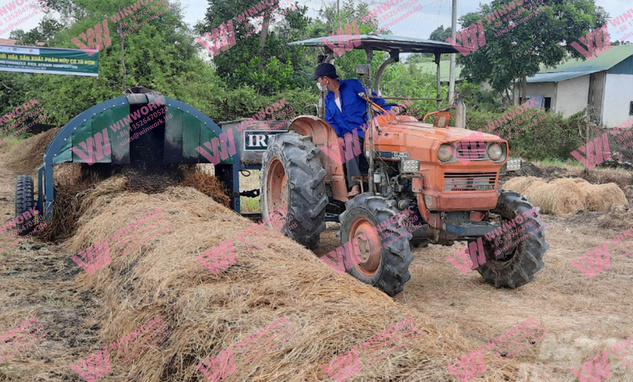
a. Recycling Agricultural Waste
The most significant advantage of the Straw Organic Fertilizer Production Line is its ability to recycle agricultural waste into high-value fertilizer. By converting straw and other organic materials into fertilizer, farmers can eliminate the need for waste disposal while creating a useful product.
b. Improved Soil Health
Organic fertilizers are known for improving soil structure and enriching it with organic matter. The nutrients present in the fertilizer enhance soil microbial activity, improve water retention, and increase the soil’s ability to hold nutrients, ultimately leading to healthier crops.
c. Reduced Environmental Impact
Straw burning, a common method of disposing of straw in some regions, causes significant air pollution. The Straw Organic Fertilizer Production Line reduces the need for straw burning and provides a more sustainable and eco-friendly alternative. This helps reduce carbon emissions and improves air quality.
d. Cost-Effective Fertilizer Production
For farmers with access to straw and other organic materials, this production line offers a cost-effective way to produce organic fertilizer. By using locally sourced materials, the production cost is lower, and the fertilizer can be sold at a competitive price, offering farmers an affordable alternative to chemical fertilizers.
Conclusion
The Straw Organic Fertilizer Production Line represents a significant step forward in sustainable agriculture. By converting agricultural waste like straw into high-quality organic fertilizer, this production line not only helps farmers improve crop yields but also promotes environmentally friendly farming practices. With its ability to recycle waste, reduce environmental impact, and improve soil health, the Straw Organic Fertilizer Production Line offers a sustainable solution to the growing demand for organic fertilizers.
As the global demand for eco-friendly and sustainable farming practices continues to rise, the Straw Organic Fertilizer Production Line will play an essential role in shaping the future of agriculture. It is an effective, efficient, and environmentally conscious way to transform waste into value, supporting both farmers and the planet’s well-being.



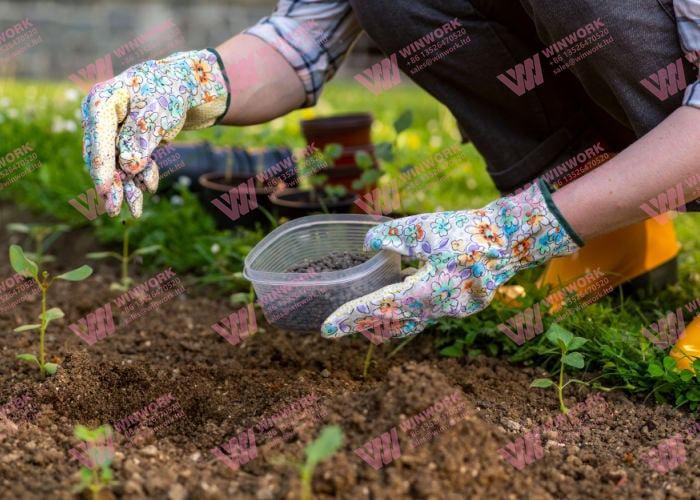
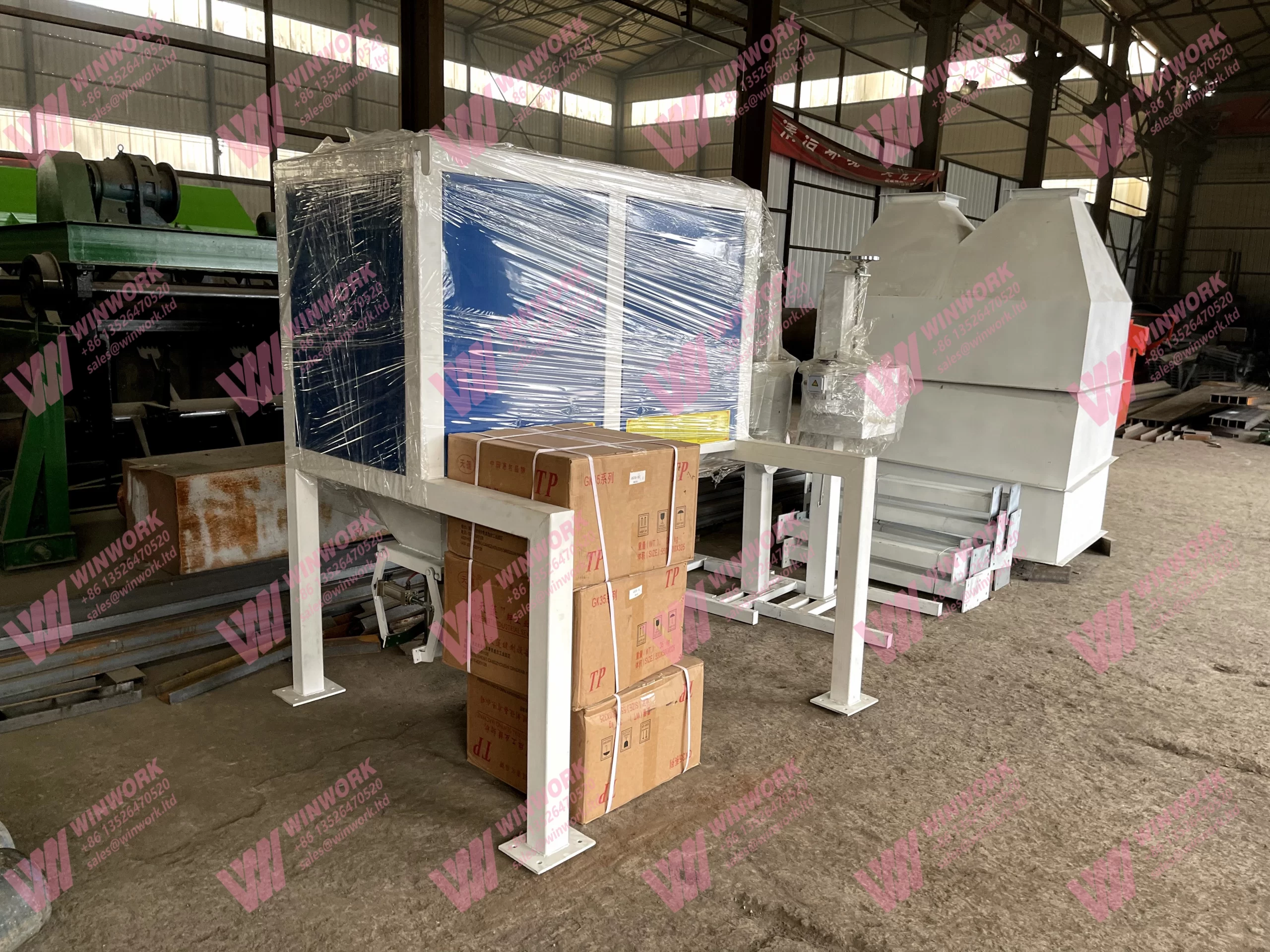
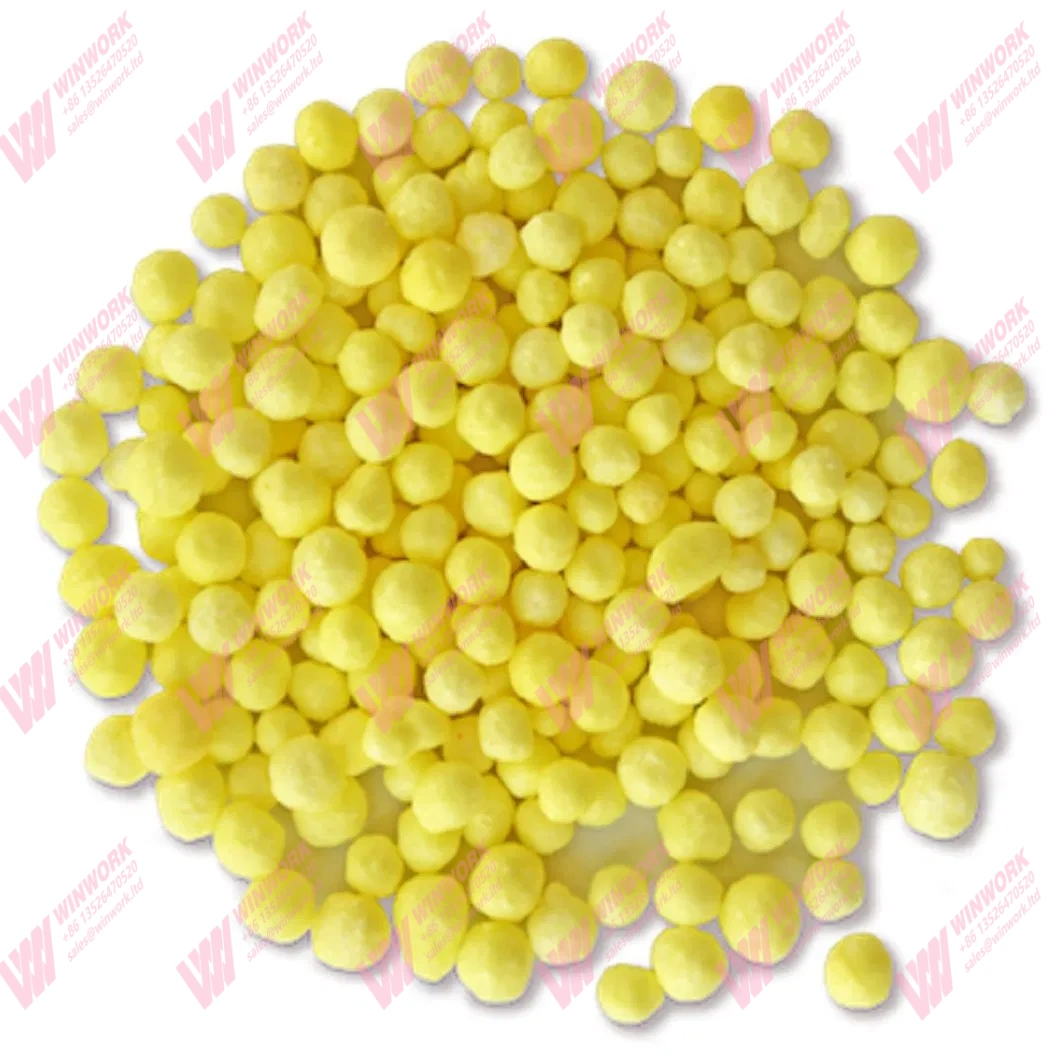
Get A Quote